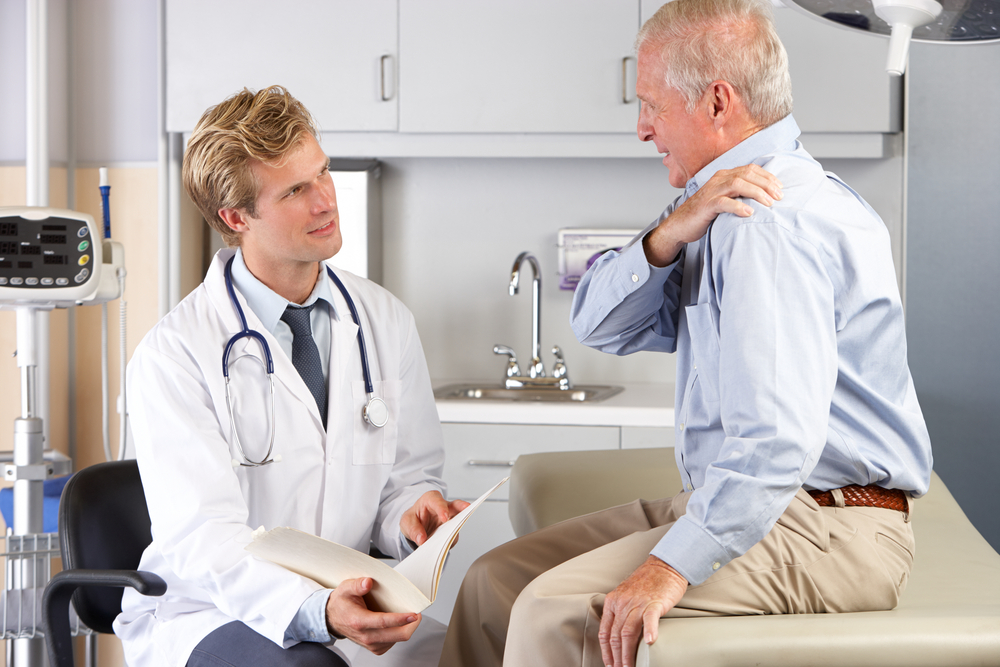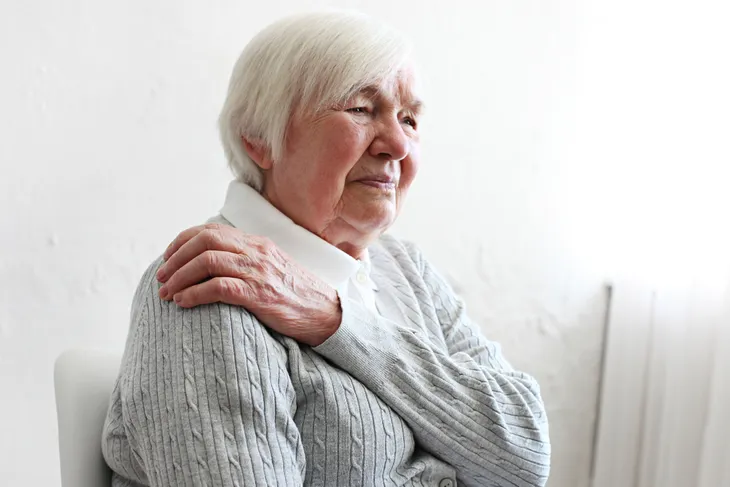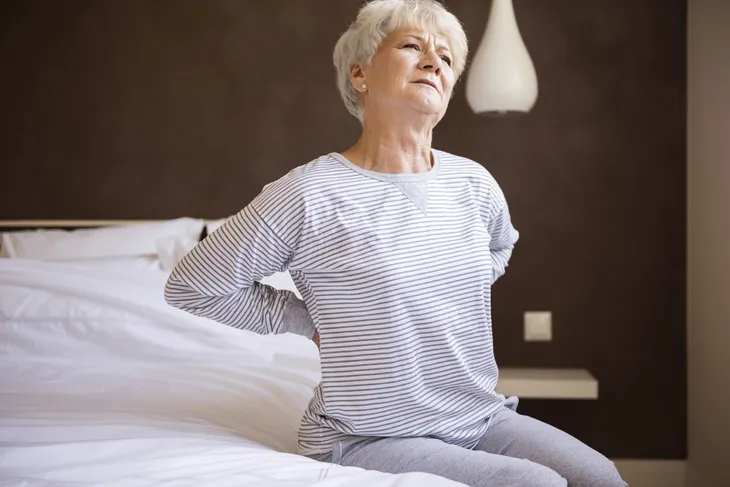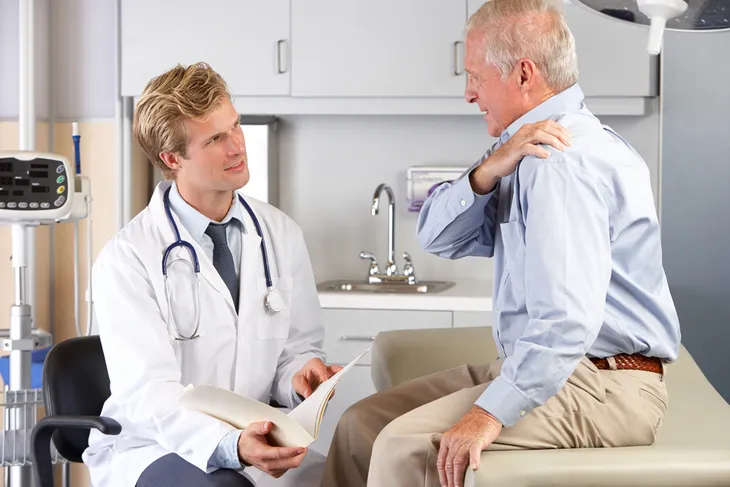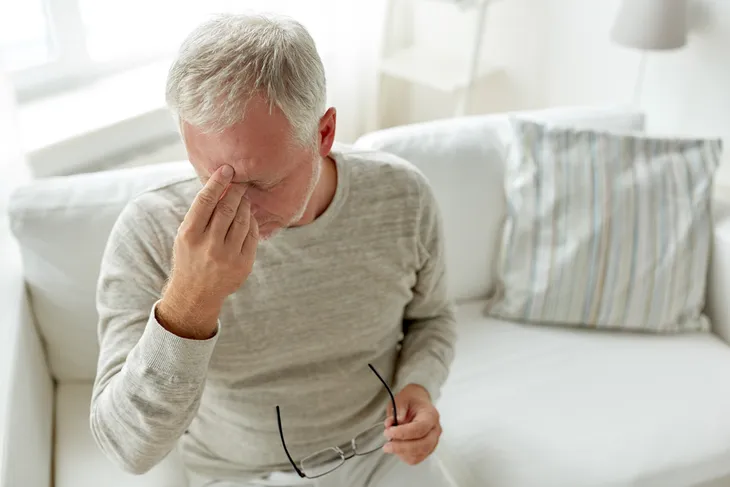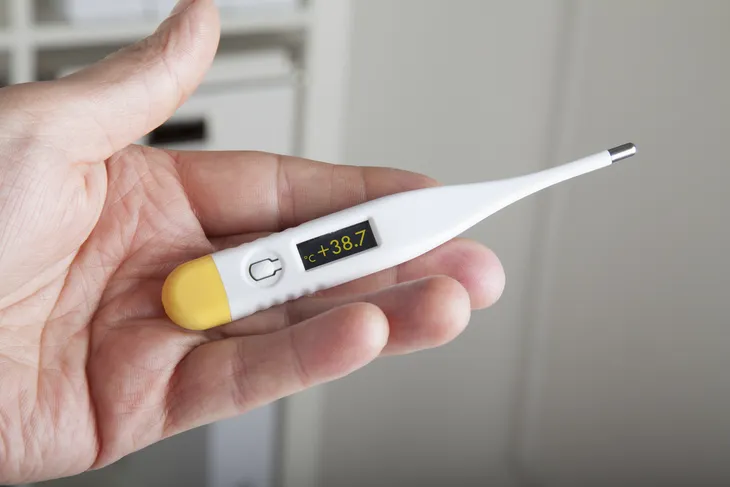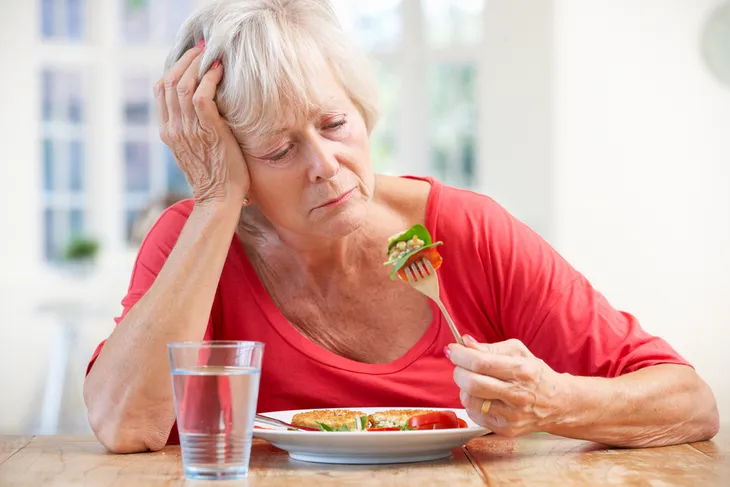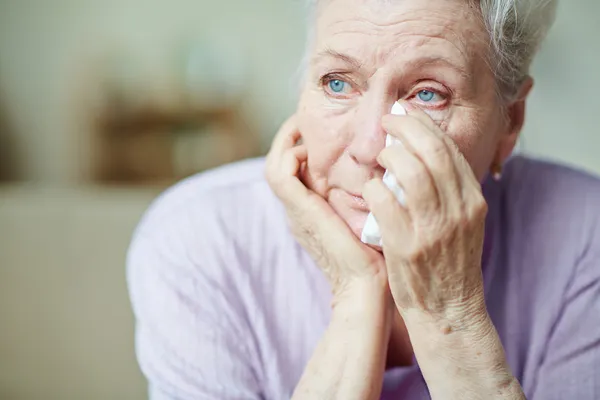Polymyalgia rheumatica (PMR) is an inflammatory disorder of the muscles and joints that typically afflicts those over the age of 65. Closely related to giant cell arteritis (GCA), both inflammatory disorders can set in quickly and co-exist (many doctors actually believe they are different manifestations of the same condition), considering approximately half of patients with GCA develop PMR at some point. Both conditions do cause similar muscle pain and stiffness on both sides of the body, typically affecting the shoulders, upper arms, neck, buttocks, and hips.
The cause of PMR is often linked to genetics, although a viral infection is thought to leave individuals more susceptible to PMR. The signs and symptoms of PMR typically strike and worsen within 2-weeks’ time.
Eight signs and symptoms of PMR are…
1. Pain
Achy pain in the shoulders is typically the foremost sign of PMR, followed closely by pain in the neck, upper arms, buttocks, hips, and thighs, as well as the wrists and knees in some cases.
2. Stiffness
In the same areas affected by pain, which have been mentioned previously, stiffness will be worse in the mornings when you wake up or following long periods of inactivity. Stiffness may be worse on one side of the body at first, but as the condition progresses, it will eventually spread to the other side of the body.
3. Limited Range of Motion
Along with stiffness and pain, there will also be limited range of motion in the affected areas, especially the shoulders, followed by restricted motion in the neck, arms, and hips on both sides of the body.
4. Fatigue
Many patients with PMR often complain of flu-like symptoms (i.e., achy muscles, fever, and headache) and a general feeling of malaise in the early stages of the condition.
5. Fever
A mild or low-grade fever is typically an early symptoms of PMR. The fever will often spike at a mild to high temperature between 98- and 100-degrees Fahrenheit.
6. Weight Loss
Sudden unintended weight loss—meaning you have not been cutting calories or attempting to lose weight through exercise—will often happen in the earliest stages of PMR.
7. Lack of Appetite
Typically, it’s a sudden loss of appetite that will cause the sudden weight loss in PMR patients. The pain, sudden immobility, and depression will often be the prime causes of loss of appetite.
8. Depression
Dealing with consistent pain on both sides of your body will often end up causing mood swings and even severe depression, as PMR affects your quality of life.
